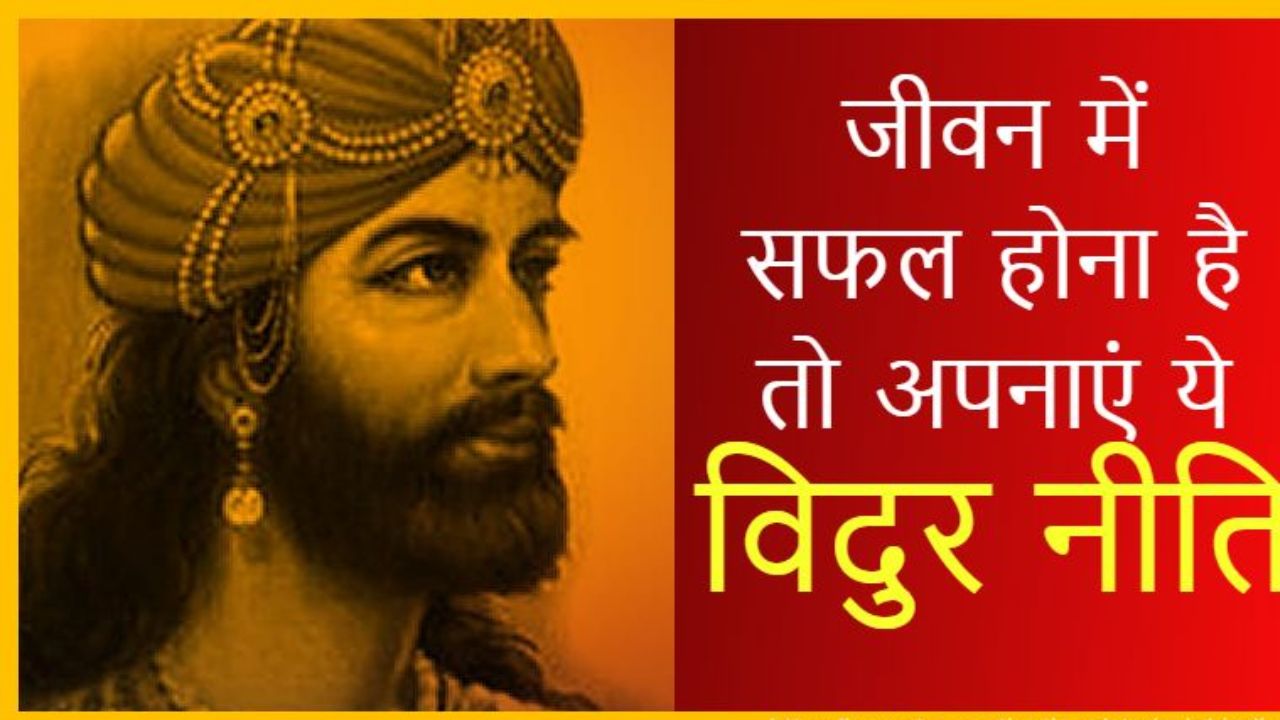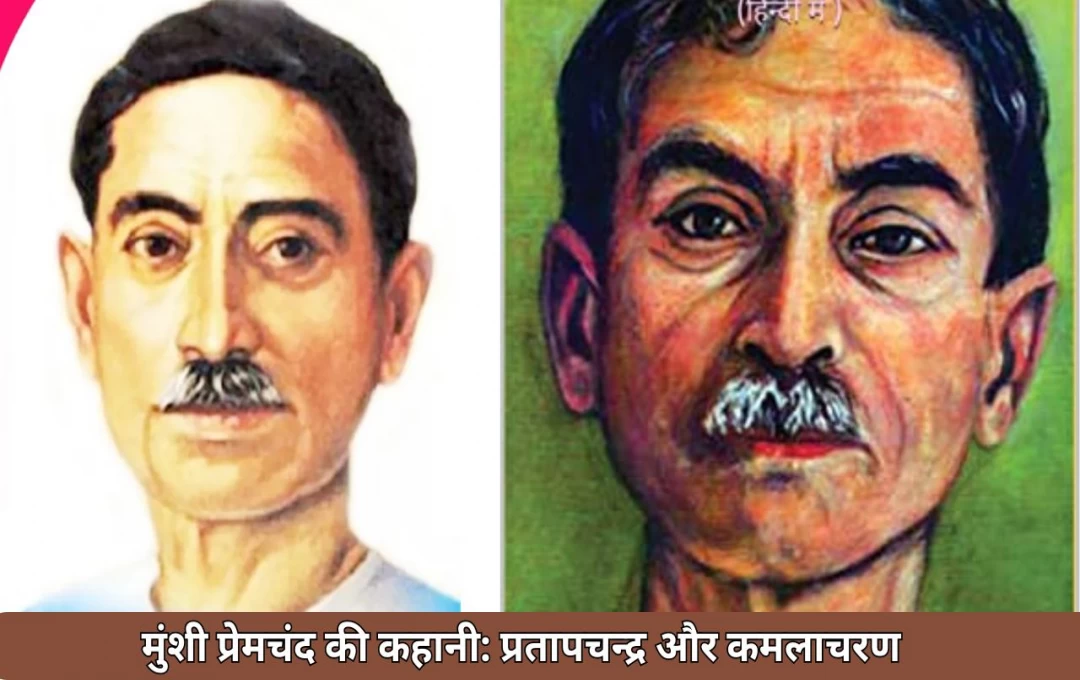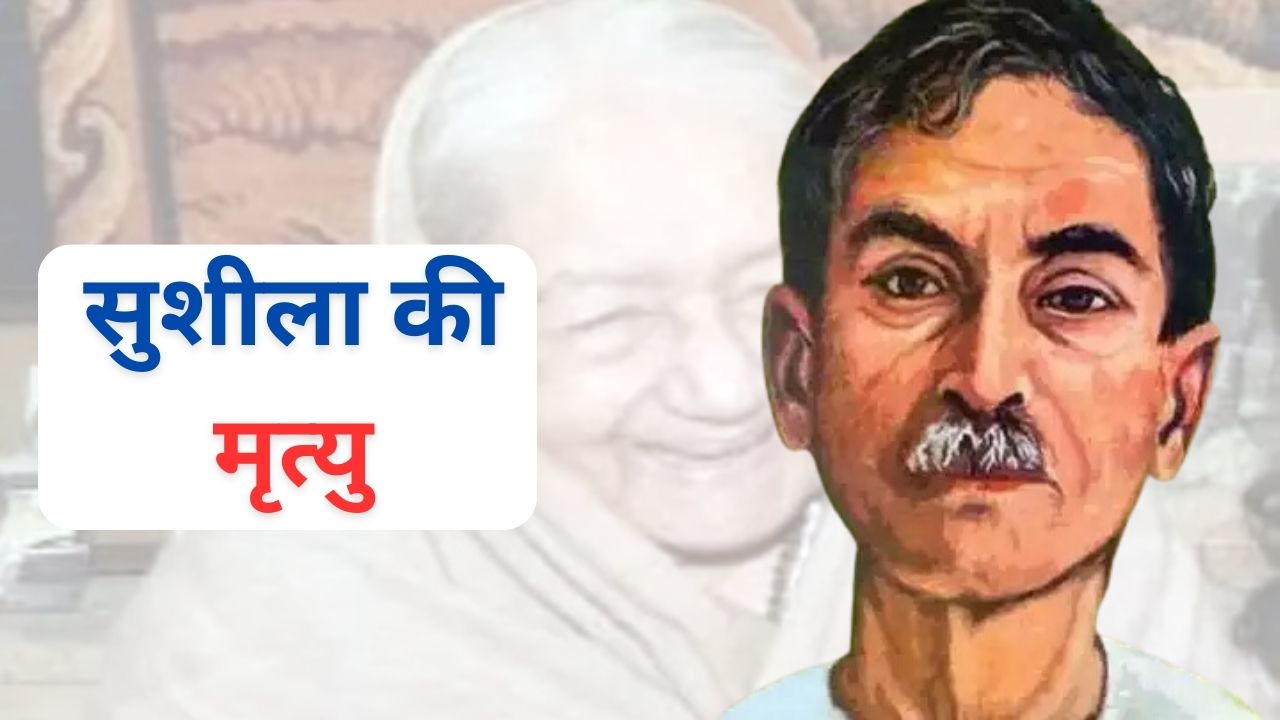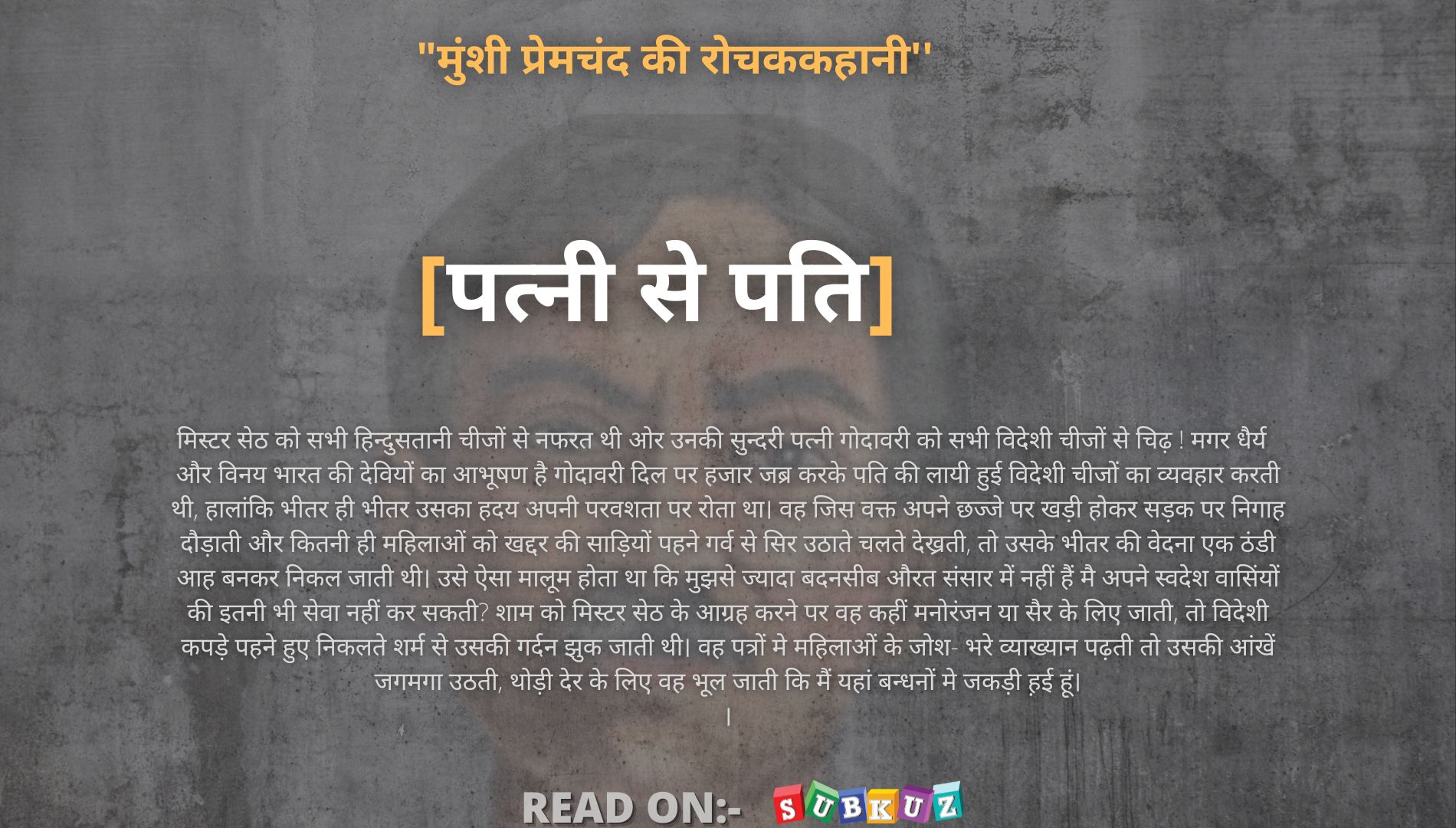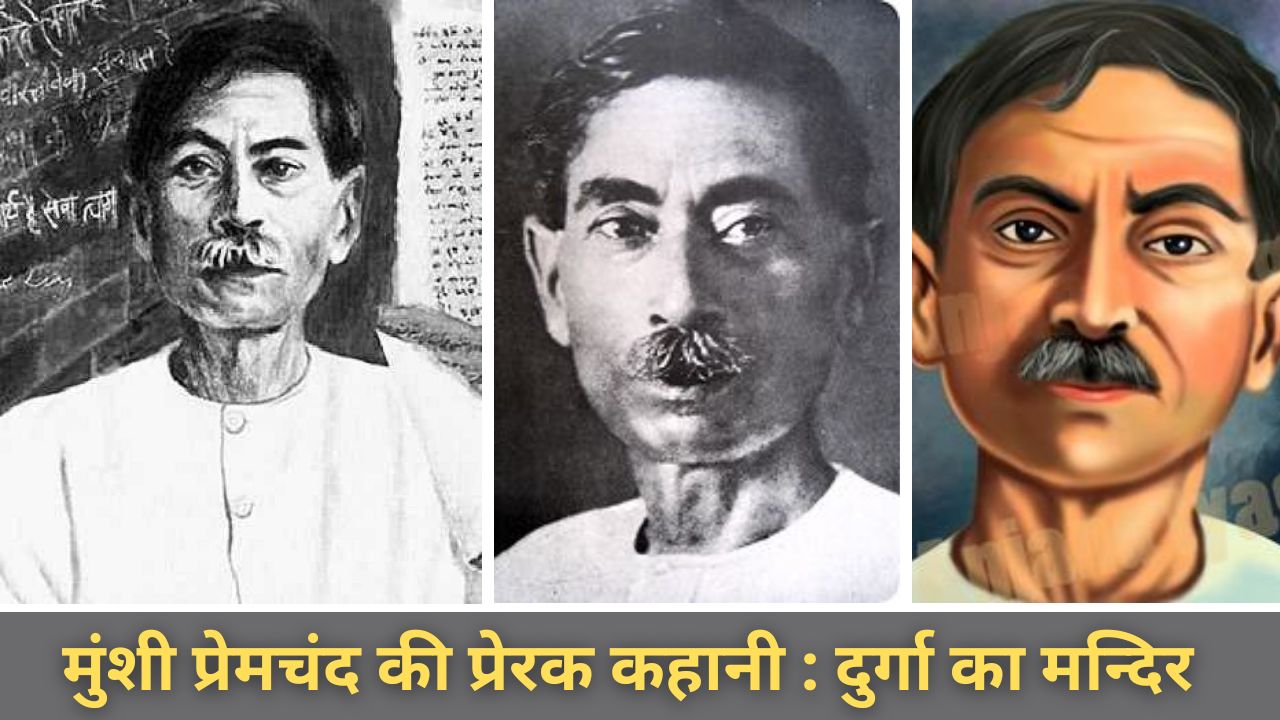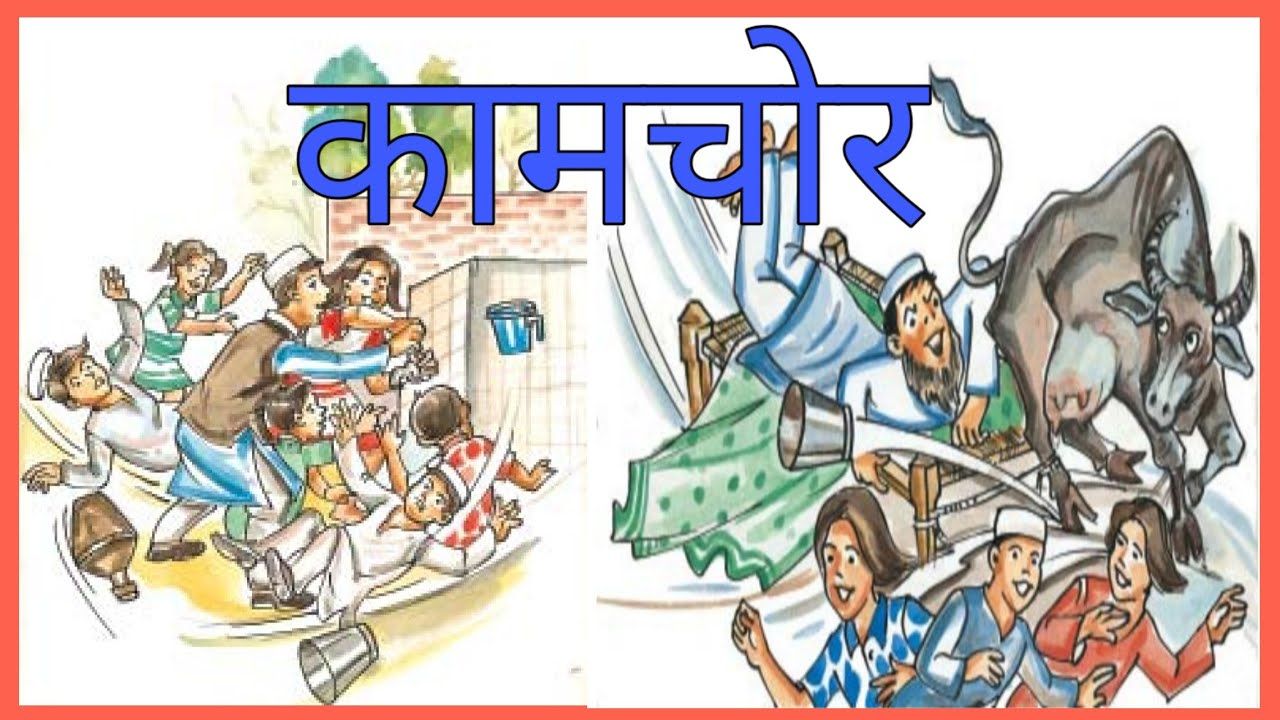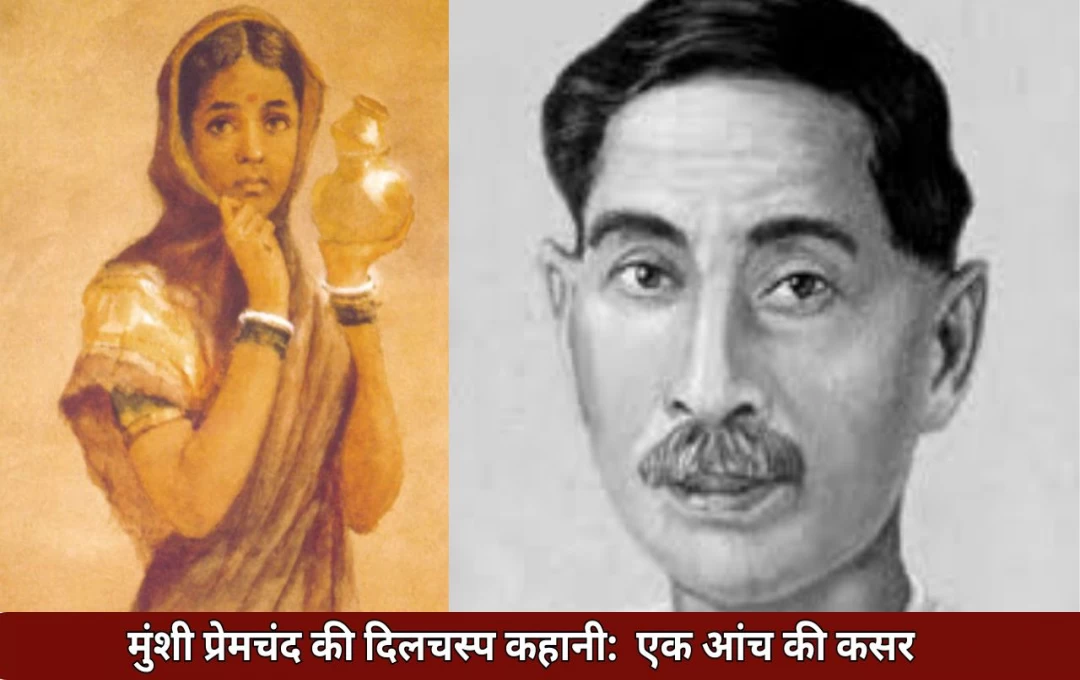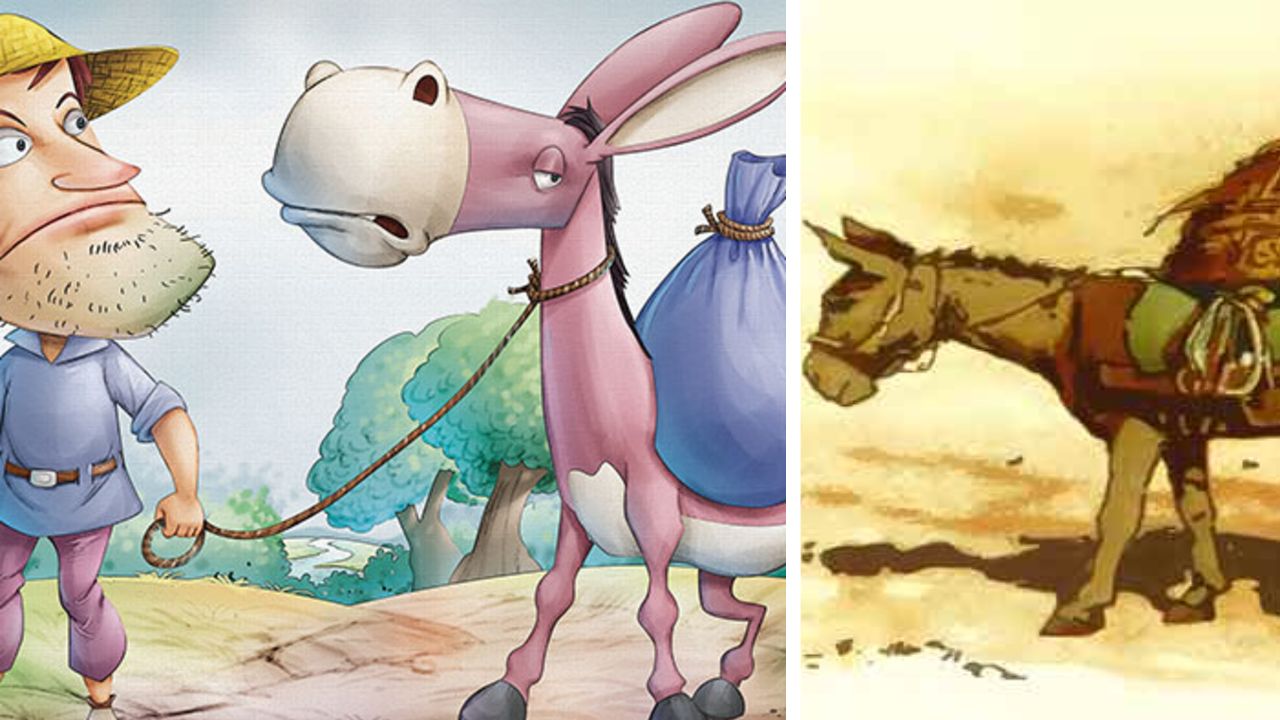Mahatma Vidur was the Chief Minister of Hastinapur and a member of the royal family. However, his mother was not a queen but a humble servant in the palace. This is why Mahatma Vidur could not play any significant role in state affairs or within the royal family, nor did he get the opportunity to learn warfare from Bhishma Pitamaha. Mahatma Vidur was the son and servant of Rishi Vedavyas. Vidur was Pandavas' advisor and on several occasions saved them from conspiracies hatched by Duryodhana. Vidur also opposed the insult of Draupadi in the Kaurava court. According to Lord Krishna, Vidur was considered an incarnation of Yama (Dharma). Like Chanakya, Vidur's policies are highly praised. Vidur's teachings relate to a conversation between Mahatma Vidur and Hastinapur's King Dhritarashtra before the Mahabharata war. Let's learn about the teachings of Mahatma Vidur's Niti-Bhaagya - Part 5 in this article, from which we can learn to improve our lives.
Vidur Niti - Part 5
True knowledge of one's nature, diligence, the ability to endure hardship, and steadfastness in righteousness—these are the qualities that make a person wise or learned, which cannot be stopped by human effort.
Adopting good deeds and staying away from bad deeds, as well as having faith in God and being righteous, are the hallmarks of a wise and learned person.
Anger, happiness, pride, shame, ego, and considering oneself worthy of worship—these emotions make a person wise or learned who cannot be diverted from the path of Dharma!
A person whose duties, advice, and prior decisions are known to others only after the task is completed is called wise.
A person whose actions are not affected by cold-heat, fear-delusion, wealth-poverty is called wise.
One whose decisions and intellect follow Dharma and who chooses enterprise over worldly pleasures is called wise.
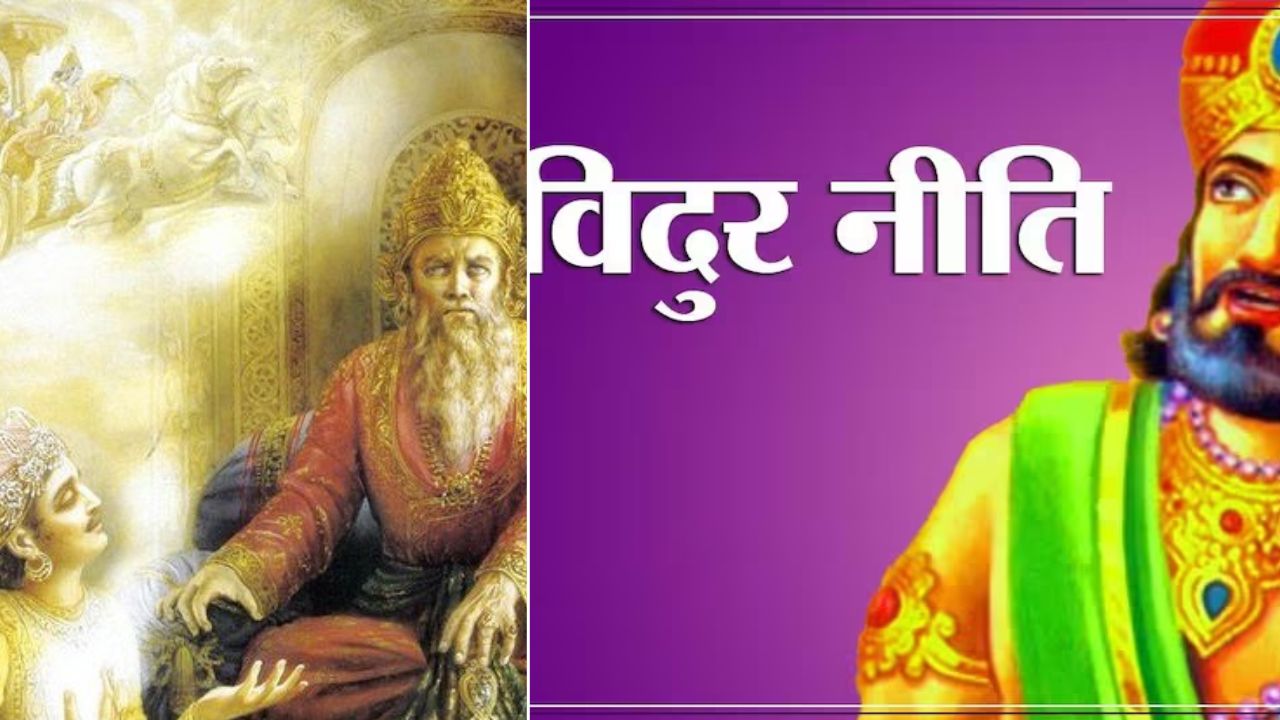
Knowledgeable and wise people desire to work according to their ability, complete it, do not consider any object insignificant, and do not neglect it.
A person who quickly understands a subject, listens patiently, completes his tasks with intellect rather than desire, and does not talk unnecessarily about others is called wise.
Wise and knowledgeable people do not desire rare things, nor do they grieve over lost things, nor do they panic in times of adversity.
A person who does not swell with pride, is not saddened and distressed by insult, and whose mind remains calm like the Ganges water, is called wise.
One who possesses true knowledge of all the elements of nature, knows the right way to perform all tasks, and knows about the best solutions among humans, is called a wise person.
One who speaks fearlessly, can deliberate well on many subjects, is skilled in debate, talented, and can quickly understand what is written in the scriptures, is called wise.
A person who starts work with a definite plan, does not stop work in between, does not waste time, and keeps his mind under control is called wise.
O Bharat (Dhritarashtra), wise people are always interested in good deeds, work for progress, and do not find fault with those who do good work.
A person whose knowledge or intellect follows his intelligence and whose intelligence does not violate the dignity of superior persons can attain the position of a wise person.
